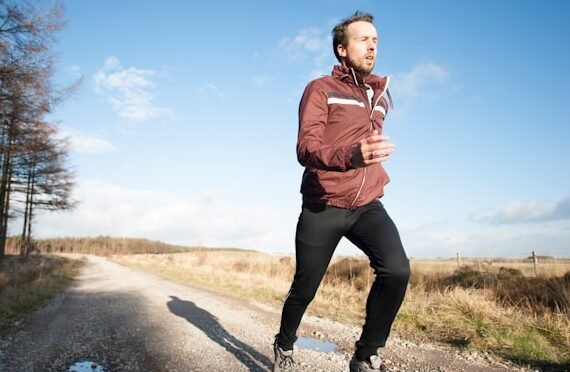Study finds winter exercise preserves vital vitamin D levels just as well as supplements
A new UK-led study has revealed that regular moderate-intensity exercise during winter can maintain vitamin D levels as effectively as taking supplements, offering a natural way to beat seasonal dips in the vital nutrient.
With over one in ten UK adults lacking sufficient vitamin D—especially during the sunlight-deprived months of October to April—researchers at the Universities of Bath, Cambridge, and Birmingham examined whether physical activity could help maintain healthy levels.
Embed from Getty ImagesMore than 50 overweight and obese adults took part in the study, which involved a 10-week indoor training programme. Participants completed four weekly sessions, including treadmill walks, steady-state bike rides, and high-intensity interval cycling.
The results were clear: those who exercised regularly saw only a 15% drop in overall vitamin D levels during the winter, compared to a 25% decline among those who remained inactive.
Crucially, the active form of vitamin D—which is essential for strong bones, teeth, muscles and immune function—was completely preserved in the exercise group.
“This is the first study to show that exercise alone can protect against the winter dip in vitamin D,” said lead author Dr Oly Perkin from the University of Bath. “If you’re worried about your vitamin D levels in the winter, keeping up regular exercise every week will help, and offer a load of health benefits that vitamin D supplements cannot.”
Co-author Professor Dylan Thompson called the findings “compelling,” especially for people with obesity, who are known to have less efficient responses to supplements.
“Exercise gives you a double benefit,” Thompson said. “It helps preserve your vitamin D and delivers many more health advantages that tablets can’t provide.”
Vitamin D, known as the “sunshine vitamin,” is produced by the body when the skin is exposed to sunlight. During the darker months, especially in countries like the UK, levels can drop significantly—contributing to fatigue, muscle weakness, and more serious bone-related conditions like rickets or osteomalacia.
While supplements are often recommended during winter, the study suggests exercise could be an effective, non-pharmaceutical strategy, especially for those seeking holistic health benefits.
The research underscores a broader message about the power of physical activity: not only does it help with weight management, heart health, and mental wellbeing—it could also provide a biochemical boost through the darker seasons.
As scientists continue to explore how exercise interacts with the body’s internal systems, this study highlights yet another reason to stay active—even when the sun stays hidden.
